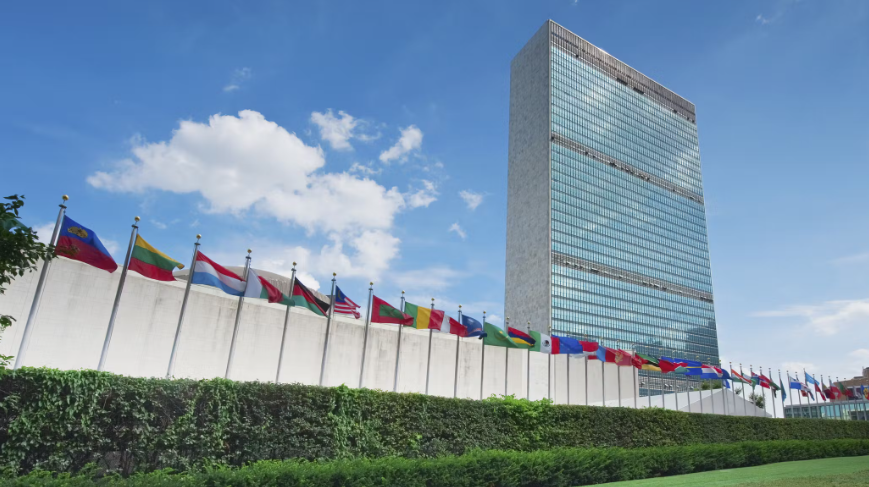The United Nations Might Soon Run Out Of Money
The United Nations is facing a massive financial crisis that could soon bring the global bureaucracy to its knees. Once hailed as a beacon of international cooperation, the UN is now buried in debt, riddled with scandal, and struggling to maintain even basic operations.
In 2024, the UN ran a $200 million deficit — and unless drastic changes are made, that number could swell to over $1.1 billion this year. By September, the organization could be unable to pay salaries or keep up with basic obligations. This isn’t just a budget crunch — it’s a full-blown institutional meltdown.
A key reason for the crisis is the mountain of unpaid dues from member nations. Around $760 million went uncollected in 2024 alone. Even major contributors like the United States and China have failed to pay their full shares. The U.S., which shoulders nearly 20% of the UN’s annual budget, reportedly owes about $3 billion. If that figure hits $4.5 billion, America could technically lose its voting rights in the General Assembly — an unprecedented situation for the world’s largest funder of the UN.
But this crisis is about more than money. Critics argue the UN is suffering from a deeper rot: chronic mismanagement, bloated bureaucracy, and a disturbing tolerance for extremism. Analysts from respected institutions have slammed the UN for being “extraordinarily compromised,” pointing to documented instances where terrorist sympathizers — including operatives tied to Hamas — were found within UN agencies. These scandals have fueled growing calls for the United States to cut funding and rethink its relationship with the organization.
Facing mounting pressure, UN Secretary-General António Guterres has unveiled a sweeping reform agenda known as “UN80.” The plan aims to consolidate overlapping agencies and streamline the bureaucracy into four primary departments: peace and security, humanitarian affairs, sustainable development, and human rights. Under this proposal, programs like the World Food Programme, UNICEF, and the World Health Organization could be merged into a single mega-agency. While the goal is to cut costs and improve efficiency, critics are skeptical of whether an institution as bloated as the UN can truly reform itself.
Adding to the outrage, agencies such as the UN Relief and Works Agency (UNRWA) have been caught employing individuals with direct ties to terrorist organizations. This, combined with lavish spending, lack of accountability, and questionable priorities, has left taxpayers — especially in the United States — wondering why they’re footing the bill for a failing international bureaucracy that increasingly works against American values and interests.
With the UN nearing its 80th anniversary, it’s facing an identity crisis. Will it reform and survive? Or will it continue down a path of irrelevance, corruption, and insolvency? Unless the UN takes real responsibility for its failures, stops harboring extremism, and respects the nations that fund it, the coming collapse may be not just financial, but moral.

